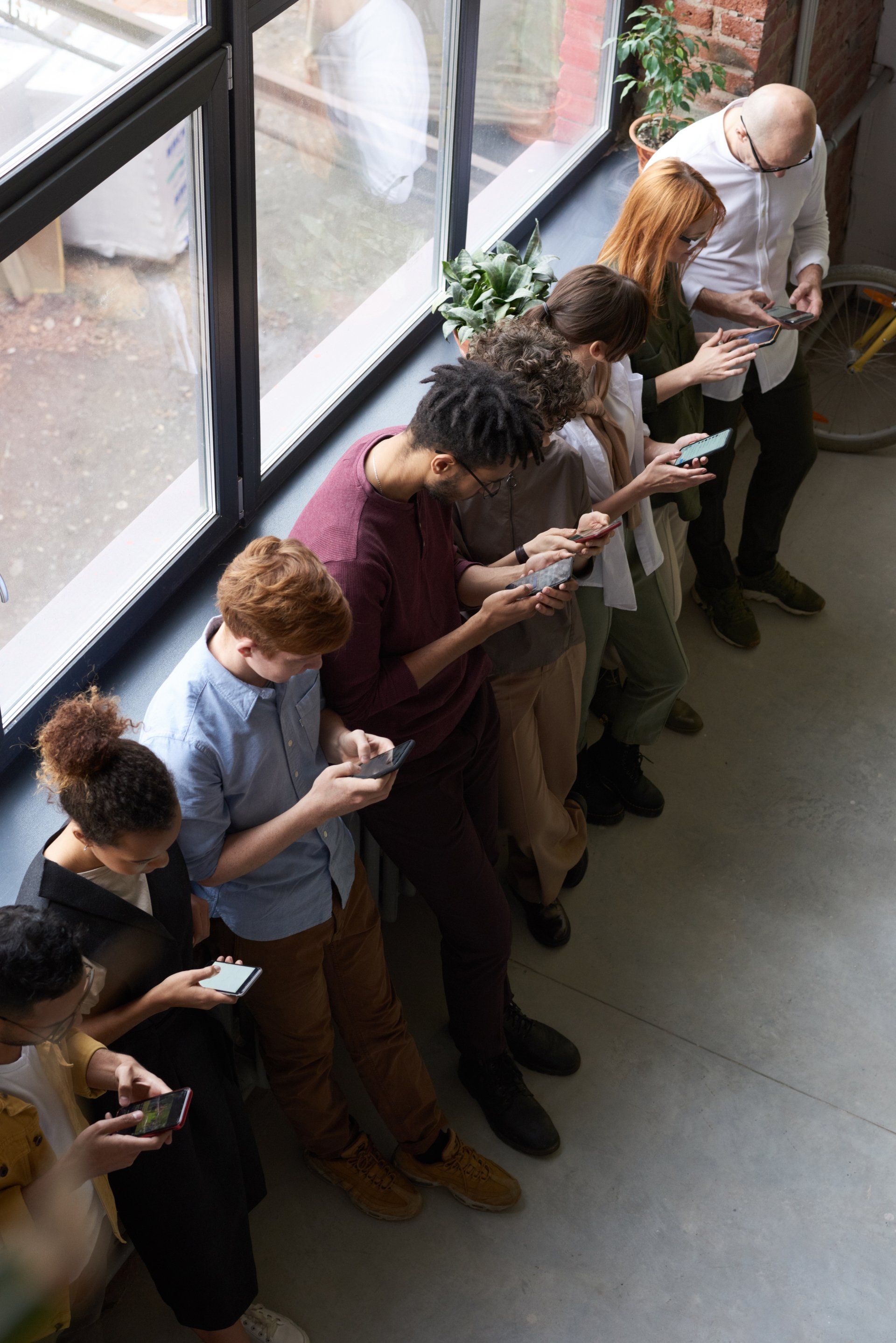By Katherine Nestor
•
July 31, 2024
Addiction is a significant public health issue in Australia, affecting many individuals and their families and colleagues. Supporting someone close to you who is struggling with addiction can be challenging, but it is also an opportunity to make a significant difference in their recovery journey. Here are some evidence-based strategies, tailored to the Australian context, to effectively support a friend dealing with addiction. 1. Educate Yourself About Addiction Understanding addiction is the first step in providing meaningful support. Addiction is a chronic disease that affects the brain's reward, motivation, and memory functions. It is not a moral failing or a lack of willpower. According to the Australian Institute of Health and Welfare (AIHW), in 2019, about 1 in 20 Australians aged 14 and over had used an illicit drug in the past year. By learning about the nature of addiction, the factors that contribute to it, and the challenges of recovery, you can approach your friend, family member or colleague with empathy and knowledge. 2. Listen Without Judgement One of the most valuable things you can offer your friend, family member or colleague is a non-judgemental ear. Addiction is often accompanied by feelings of shame and guilt, which can be exacerbated by judgmental attitudes. When your friend, family member or colleague talks about their struggles, listen actively and empathetically. Avoid interrupting or offering unsolicited advice. Sometimes, just being there and listening can provide immense relief. 3. Encourage Professional Help While your support is crucial, professional treatment is often necessary for recovery. Encourage your friend to seek help from healthcare providers, therapists, or addiction specialists. Australia has many resources available, such as the Alcohol and Drug Foundation (ADF) and the National Alcohol and Other Drug Hotline (1800 250 015). Offer to help them research treatment options, make appointments, or accompany them to their first session. However, it’s important to respect their autonomy and decision-making process. 4. Set Boundaries Supporting a friend, family member or colleague with addiction does not mean compromising your well-being. Set clear boundaries to protect yourself from potential harm or burnout. This might include not enabling their addictive behaviours, avoiding situations where they might use substances, and maintaining your mental health. Healthy boundaries are essential for both your well-being and the effectiveness of your support. 5. Promote Healthy Activities Encourage your friend, family member or colleague to engage in healthy, substance-free activities that can serve as positive coping mechanisms. This can include exercise, hobbies, or social events that do not involve drugs or alcohol. Joining them in these activities can provide a supportive and non-judgemental environment. Participating in local events or outdoor activities, which are abundant in Australia, can be particularly beneficial. 6. Be Patient and Persistent Recovery from addiction is a long and often non-linear process. Your friend, family member or colleague may experience setbacks or relapses, which can be disheartening. It’s important to remain patient and persistent in your support. Celebrate their successes, no matter how small, and remind them that setbacks are a part of the journey, not a failure. 7. Seek Support for Yourself Supporting someone with an addiction can be emotionally taxing. It’s important to seek support for yourself as well. Consider joining support groups for friends and family of individuals with addiction, such as Al-Anon or Nar-Anon, which are available throughout Australia. These groups can provide a sense of community and shared experience, helping you cope with the challenges of supporting your friend. 8. Encourage a Supportive Environment Help your friend, family member or colleague build a supportive network of friends, family, and professionals who understand their struggles and support their recovery. This might involve encouraging them to distance themselves from people or environments that trigger their addictive behaviours and instead, fostering relationships that promote sobriety and well-being. 9. Avoid Enabling Behaviour While it’s important to be supportive, it’s equally important not to enable your friend, family member or colleague’s addiction. Enabling behaviours can include giving them money, covering up for their mistakes, or minimising the consequences of their actions. Instead, focus on supporting their recovery efforts and encouraging responsible behaviour. 10. Stay Informed About Relapse Prevention Understanding the triggers and warning signs of relapse can help you support your friend, family member or colleague in maintaining their recovery. Encourage them to develop a relapse prevention plan and to seek immediate help if they feel they are at risk of relapsing. Being aware of their triggers and helping them avoid high-risk situations can be crucial in their recovery process. Supporting a friend, family member or colleague struggling with addiction is a compassionate and challenging endeavour. By educating yourself, listening without judgment, encouraging professional help, setting boundaries, promoting healthy activities, and remaining patient, you can provide meaningful support. Remember, your friend, family member or colleague’s journey to recovery is their own, and your role is to offer encouragement and support along the way. Seeking support for yourself and understanding the complexities of addiction can further enhance your ability to help your friend navigate their path to recovery. If you need support We Lysn Mental Health Professionals are ready to have a session with you today, book here . Key Australian Resources for Addiction Support National Alcohol and Other Drug Hotline : 1800 250 015 Alcohol and Drug Foundation (ADF) : www.adf.org.au Lifeline : 13 11 14 (24-hour crisis support and suicide prevention services) Al-Anon Family Groups Australia : www.al-anon.org.au







